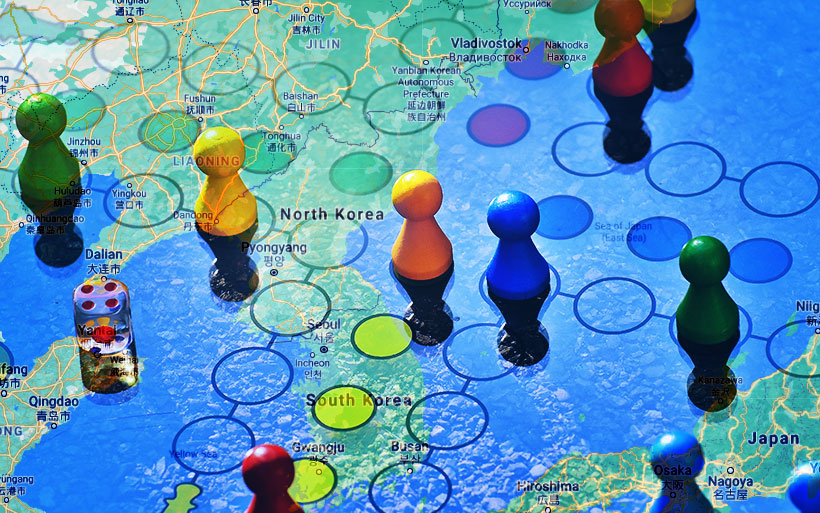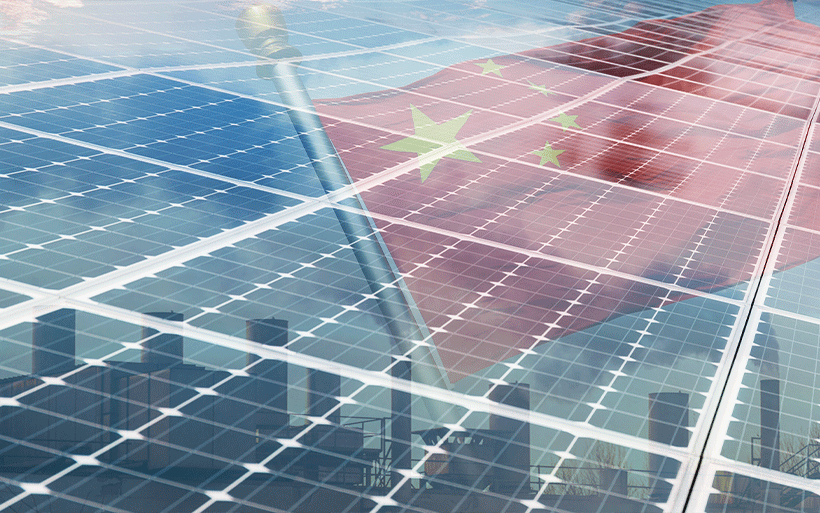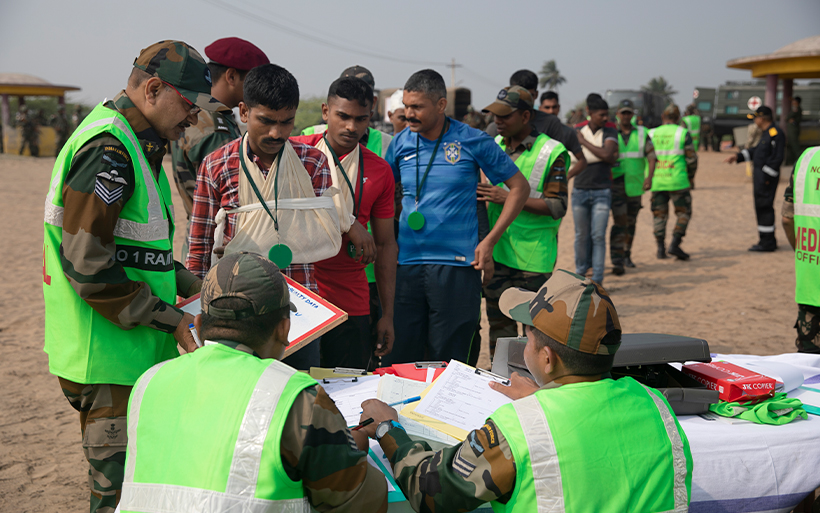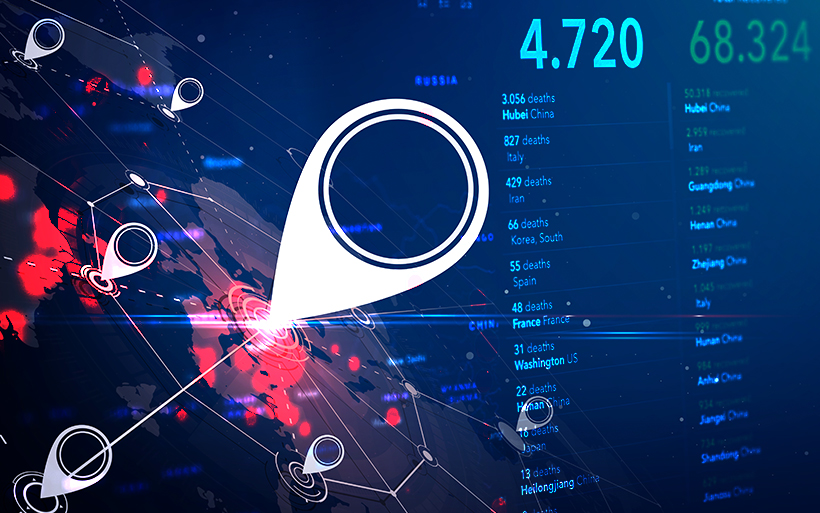Combating Health-Related Cyber Security Threats with Health Systems Approaches
“Combating Health-Related Cyber Security Threats with Health Systems Approaches,” is the title of a paper by Drs. Sebastian Kevany and Deon Canyon, for Security Nexus. This article emphasizes the need for a multi-level approach to cyber security in protecting health care systems and information. Summary Cyber attacks on health systems are generally regarded as one of the most ethically-compromised activities enabled by the dark web and anonymous browsing apps. The risks to not just the health care system but also human lives are significant, and these threats are on the rise. Though only one element of a necessary multi-level effort [...]















